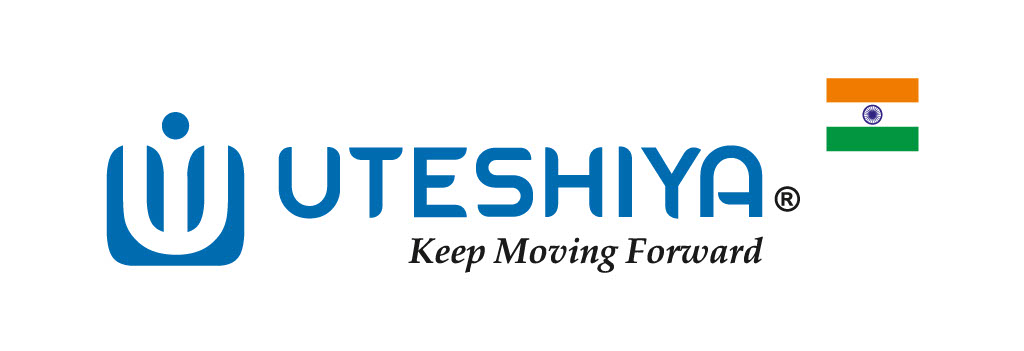 Healthcare professionals play a critical role in today’s quickly changing healthcare sector. Doctors, motivated by a desire to heal and an insatiable quest for knowledge, play a crucial role in advancing medical therapy. Among the numerous outstanding healthcare professionals, Dr. stands out for their significant contributions to medical science advancement and improved patient outcomes.
Healthcare professionals play a critical role in today’s quickly changing healthcare sector. Doctors, motivated by a desire to heal and an insatiable quest for knowledge, play a crucial role in advancing medical therapy. Among the numerous outstanding healthcare professionals, Dr. stands out for their significant contributions to medical science advancement and improved patient outcomes.
Patient Care
Doctors are at the cutting edge of patient care, combining their medical knowledge with compassion and understanding. They build excellent doctor-patient relationships, actively listen to patients’ problems, and create tailored treatment programs.
Doctors educate their patients so that they can make informed health decisions and actively engage in their care. This customer-centered approach results in better health outcomes and increased patient satisfaction.
Medical developments
Doctors drive medical progress through research and donations. They undertake clinical trials and investigations to investigate novel treatment options, drugs, and medical technologies.
Doctors contribute to the collective medical knowledge base by sharing their results, which improves practices and patient outcomes. Medical breakthroughs spearheaded by doctors have the potential to alter healthcare, enhance treatment outcomes, and save lives.
Community Well-being
Doctors have a significant impact on the general health of the community. They encourage illness prevention and health promotion by teaching individuals and communities about immunizations, screenings, and healthy lifestyles.
By promoting awareness and pushing for preventive measures, doctors contribute to lowering disease burdens and enhancing community health.
They also act as community leaders, taking part in health campaigns, volunteering in underserved regions, and tackling healthcare disparities. In an emergency, doctors provide prompt medical care, coordinate relief efforts, and safeguard the safety of those impacted.
Extending Life
Doctors play an important role in increasing life expectancy and providing hope to patients with terminal conditions. Their knowledge and individualized care, combined with medical advances, give the promise of a longer and better life for those in need.
Save Lives
A doctor can make the difference between life and death in certain situations. Victims of accidents and violent crimes, as well as troops wounded on the battlefield, are aware that their lives are dependent on the skills of trauma surgeons.
People who have suffered catastrophic injuries require immediate attention from a doctor, as postponing treatment risks death.
Patient Advocacy and Holistic Care
Doctors diagnose and treat medical issues and serve as advocates for their patients. They prioritize their patients’ well-being and interests by providing proper care and therapy. Doctors look beyond physical symptoms to assess their patients’ emotional and psychological well-being.
They offer assistance, counsel, and comfort to patients and their families as they manage difficult medical situations. They work with nurses, pharmacists, therapists, and experts to ensure a complete approach to treatment.
Working as a team, doctors improve patient outcomes and encourage smooth transitions across healthcare providers and venues.
Mentoring and Education
Doctors serve as mentors and educators, helping to advance the healthcare profession. They mentor and inspire the next generation of doctors by sharing their expertise, experience, and wisdom. Doctors share their knowledge through clinical supervision, teaching rounds, and academic research, helping to shape the future of healthcare.
In addition to mentoring medical students and residents, doctors take part in public education efforts. They attend community health fairs, make public presentations, and publish educational articles to educate the public on various health issues.
By distributing accurate health information, doctors enable people to make educated decisions regarding their health and assist in a healthy society.
Ethical practice and professionalism
Doctors maintain ethical standards and professionalism. They follow restricted norms of conduct, ensuring patient confidentiality and autonomy.
Doctors make difficult decisions based on their medical competence and moral convictions, ensuring their patients’ best interests are protected. Their dedication to honest work fosters trust and confidence in patients and the wider community.
Artificial Intelligence
AI technology is being utilized to diagnose diseases and provide customized remedies. For example, it is used to power systems that process thousands of computed tomography scans in a mass detection scenario such as COVID-19. This frees up radiographers and physicians to focus on patients while also giving more information, enhancing diagnostic and monitoring accuracy.
Machine learning is being used in the pharmaceutical sector to identify new drug candidates without the time-consuming and expensive old way of sorting through chemical libraries, as well as to replace actual tests with simulations that vary many parameters. The entire process is not only far less expensive but also substantially faster.
Robotic systems are being created using artificial intelligence and machine learning to replace humans in routine unskilled tasks that are currently performed by skilled healthcare practitioners. This will allow them to treat more patients with less time constraints, resulting in a better outcome.
The Rise of mHealth
Mobile health information and sensing technologies, or mHealth, have gained popularity to meet these demands. These tools appear to have the potential to provide healthcare at a cheaper cost while improving outcomes. They enable a small number of providers to monitor a more significant number of people, both individually and as a population.
Applications of mHealth can encourage healthy habits for primary or secondary disease prevention, aid in the self-management of chronic conditions, improve provider training, and reduce doctor visits. At the same time, they can assist in personalizing interventions to an unparalleled degree.
Today, mHealth can be implemented in the form of mobile devices, wearables, and other gadgets that allow people to go about their daily activities while the device provides valuable data on a variety of factors back to the server. This data can be utilized now and in the future to give information on a wide range of trends and predicted indicators to aid research-driven efforts to promote and enhance patient health.
Multiple platforms are now available, backed by world-class information technology (IT) companies such as Apple, to assist in the development of healthcare apps.
Telemedicine
Telemedicine is an essential breakthrough that is currently being used in many countries throughout the world as a result of pandemic limitations on public travel. This technology allows clinical practitioners to see patients remotely, eliminating personal contact but nevertheless diagnosing and treating a wide range of ailments.
The savings in time and money have made this an appealing choice for both patients and practitioners, and this trend appears unlikely to fade anytime soon.
Virtual reality
Augmented and virtual reality are being used in creative ways to divert frightened patients during surgical operations and to instruct medical students outside of the hospital, with no risk to actual patients. A hands-free mode of operation is also available, allowing clinicians to view patient records or other information without leaving the patient.
Wrapping It Up
Dr. has made many significant contributions to the advancement of medical therapy in the present day. They have created an unmistakable influence on the field of medicine by combining teaching, research, technological integration, advocacy, and a patient-centered approach.
As we traverse the intricacies of healthcare in the twenty-first century, Dr.’s work acts as a beacon, pointing us in the direction of a future in which medical treatment is not only sophisticated but compassionate and inclusive.

